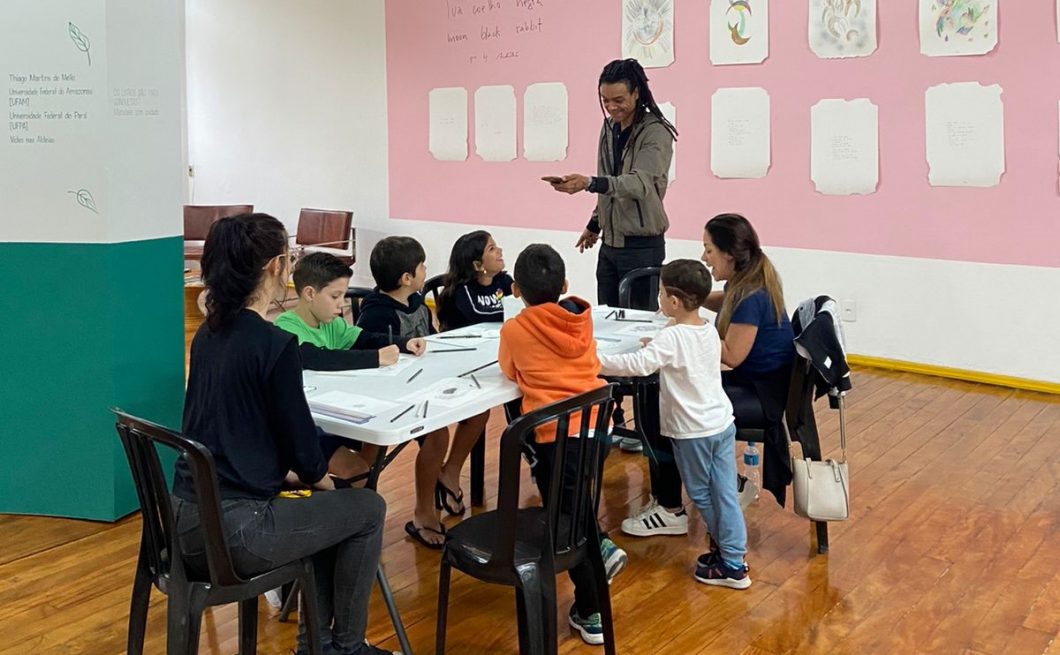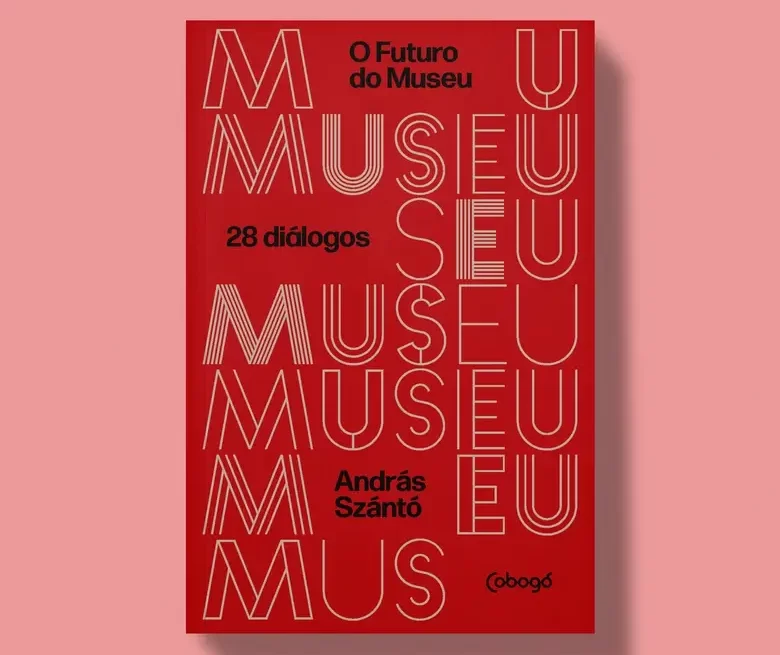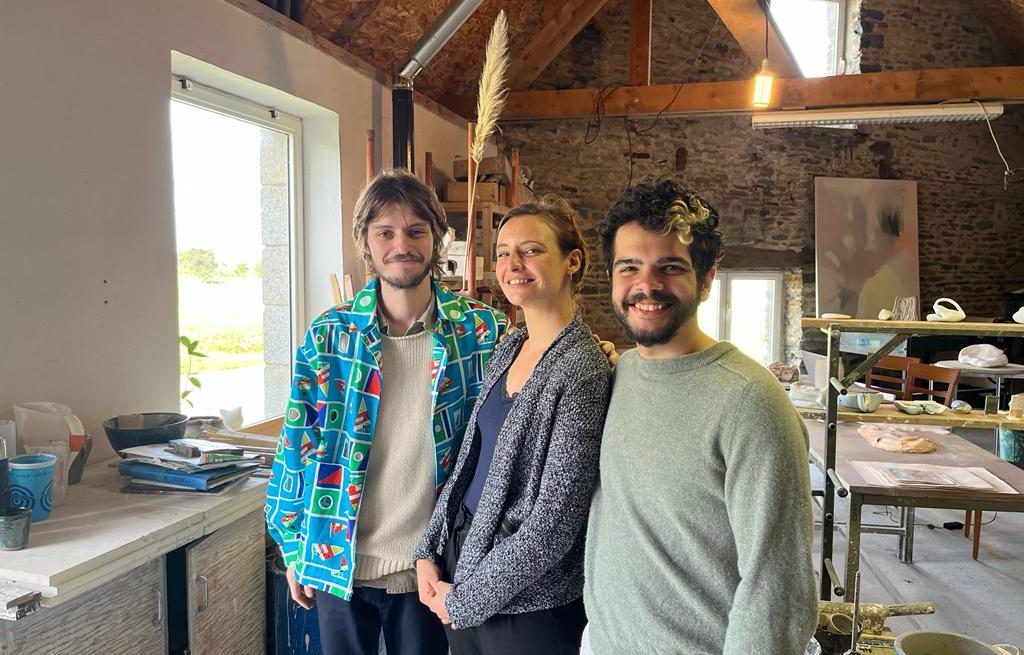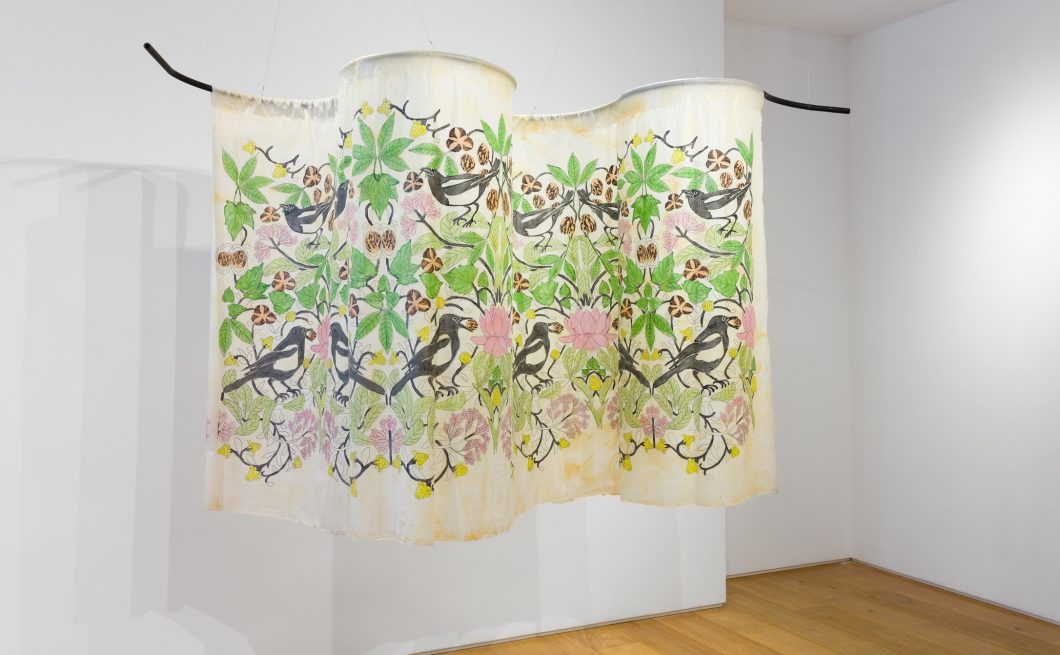Instituto Inclusartiz closes its artistic residency program in 2022 with public talks by residents
Filomena Mairosse and Brígida Campbell presented the development of their research to the public on December 10
To mark the closure of its artistic residency program’s fourth cycle, in 2022, Instituto Inclusartiz held a meeting on December 10 so that Mozambican artist Filomena Mairosse and researcher Brígida Campbell could present the development of their research to the general public. The two residents, selected for the program through an open call in all states in Brazil and also in Southern African countries, spent a month at Inclusartiz’s headquarters, in Gamboa, in the port area of Rio de Janeiro.

Instituto Inclusartiz ends its artistic residency program in 2022 with public speeches by Filomena Mairosse and Brígida Campbell / Photo: Guilherme Tarini
The event began with a talk by Filomena Mairosse, which was mediated by the artistic residency program’s coordinator, Lucas Albuquerque. Born in Maputo, Mozambique, the artist works primarily with photography, writing, video and collage, exploring themes around the reimagining of realities, belonging, consumption, interdependence, and nature. She started photographing concerts in 2018 and eventually developed her own style of semi-abstract, conceptual images. Mairosse is currently investigating the creation of interactive pieces, medium-scale installations, zines and short films. During her residency at Instituto Inclusartiz, she proposed to carry out research on the creation of the Tijuca Forest in Rio, and its relationship with the trafficking of enslaved people.

Lucas Albuquerque and Filomena Mairosse / Photo: Guilherme Tarini
After that, researcher and artist Brígida Campbell, from Belo Horizonte (Minas Gerais), presented her research, under the mediation of curator Pedro Caetano Eboli. Campbell transits through different artistic languages, such as painting, drawing, installation, video, urban interventions and graphic arts. Her production explores the poetic subtleties of everyday life, constructing images and/or situations that stimulate imagination and creation. During the residency, she continued the development of a research on the relationships among art, ecology and social transformation and, based on these themes, she prepared a text and a printed publication to distribute to the attending public.

Pedro Caetano Eboli e Brígida Campbell / Photo: Guilherme Tarini
“During the residency, I have advanced in my reading and expanded the bibliography related to my research. In addition, I expanded my mapping of artists and collectives that work with this theme, approaching initiatives in Rio de Janeiro in particular. I was also able to work on my personal art project and get feedback from friends about them,” Campbell said.

Instituto Inclusartiz ends its artistic residency program in 2022 with public speeches by Filomena Mairosse and Brígida Campbell / Photo: Guilherme Tarini
Throughout the day, visitors to the cultural center were also able to see up close the works produced by both artists during the residency, in the exhibition “Open-studio – Studies in Transit.” The group exhibition gathers works and research by residents who worked at the institute throughout 2022.

Instituto Inclusartiz ends its artistic residency program in 2022 with public speeches by Filomena Mairosse and Brígida Campbell / Photo: Guilherme Tarini
This was the last cycle of the project, which during this year also received curators Mariana Souza and Paulete Lindacelva, from Pernambuco; artists Moara Tupinambá and Nay Jinknss, from Pará; and the artist from Rio de Janeiro Patfudyda. Luisa Brandelli, from Rio Grande do Sul, also took part in the residency, selected through an unprecedented partnership between Instituto Inclusartiz and SP–Arte, which elected an artist from the exhibition Hora Grande (2022) to join the program.





